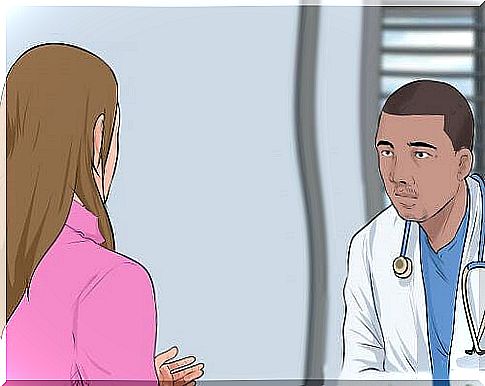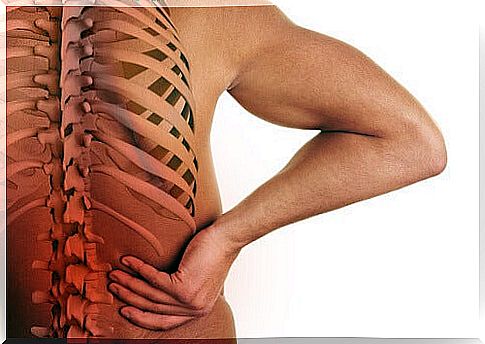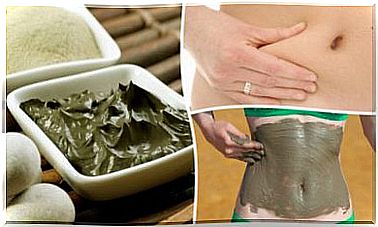Three Situations Where Avoiding Sports Is Best

Movement is not a modern habit: it has always been important to society. However, there are some situations where avoiding sports is the best choice.
Physical activity programs have been performed since ancient times in ancient Greece. Sport was considered a health priority, not to mention that the cult of the aesthetic image was a way of expressing power.
Why should you exercise?
Sport improves performance at the cardiovascular level as sport activates hemodynamic, hormonal, neurological and metabolic changes. Therefore, it improves the functioning of the respiratory tract. Exercise brings balance to your health.
Keeping moving prevents osteoporosis, back pain and damage caused by poor posture. However, participating in sports is not always a healthy activity. It depends on the form and circumstances in which it is practiced whether it is better to avoid sports.
When is it better to avoid sports?

Obviously, excessive or improper practice can be counterproductive. For example, people with hypertension should avoid exercising too much as it can worsen their condition. However, there are also certain circumstances where avoiding sports altogether is the best option.
Below we describe three situations in which it is better not to exercise.
1. After insufficient sleep
After a sleepless night, we can sometimes think that exercise is the best way to wake ourselves up. However, this is not true! It is better to choose to avoid sports.
Exercising when you are not well rested increases stress. In addition, in this scenario, the immune system is not prepared for the effort, so that the immune system deteriorates.
Not to mention the lack of energy which increases the chance of injury. You overload your muscles because you can’t move in the same way as if you had rested well the night before.
However, if you didn’t sleep well the night before and you don’t want to drop your routine, you can always go for a walk, jog, or half of what you normally would.
2. After drinking alcohol

Strictly speaking, drinking alcohol doesn’t stop you from exercising unless it’s a physical activity that requires accuracy. This is because alcohol affects performance and strength, but especially coordination. Ethanol causes alcohol drinkers to enter a euphoric state and then become depressed, reducing their reflexes in any situation.
In addition, it is important to remember that alcohol has diuretic effects, which can cause dehydration with exercise. This is due to the loss of fluids, vitamins and minerals.
Ethanol also prevents nutrients from being regularly absorbed, which promotes an increase in body weight.
3. After Suffering an Injury
It is very common for athletes to develop injuries while playing sports. Some of the typical causes are:
- Not moving correctly
- Not heating up correctly
- Exercising more than usual
- Wearing unsuitable shoes
- Lack of protection
Types of Injuries

Among the most common injuries in athletes are:
- Acute trauma. This includes fractures, sprains, cuts, and so on. They can occur as a result of a blow or excessive force.
- Overuse injuries such as fractures from overuse or inflammation of tendons. They develop after performing a repetitive exercise routine.
Symptoms
Some of the most common symptoms in a case of injury are:
- Intense pain or painful to touch
- Stiffness and inflammation
- Immobilization
- Breaks or tears
If you experience any of these symptoms, you should avoid sports.
However, it is also essential that you see a doctor. After that, you should inform your coach about your injury and treatment and then gradually begin therapeutic exercises.
Exercise recommendations
- Visit a certified sports specialist to perform demanding physical activities.
- Pay attention to technique and don’t focus on strength, because it is useless to lift a large weight if you do it wrong.
- Be consistent and avoid overexertion because too much exercise in a short period of time will not give you the same results you can get over time.
- Don’t forget the warm up. It is really important to stretch before starting any physical activity to avoid injury and improve performance.
- Start with a cardio routine if you want to lose weight. However, it is also important to lift weights as it strengthens your muscles.
- Maintain a balanced diet rich in vitamins and minerals.
- Drink plenty of water as it is the only way to recover from physical exertion. It is essential to drink water before, during and after exercise.









